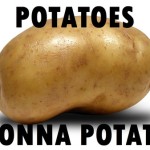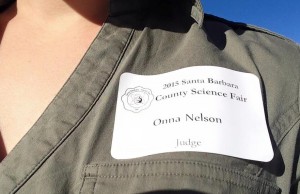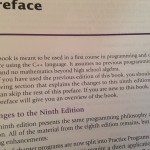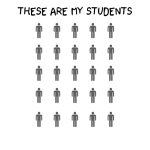I’m a linguist. At the core of my soul, I believe in descriptive linguistics. A biologist goes out in the world, and describes the anatomy of the plants and animals he collects. He doesn’t say “this shouldn’t exist, because evolution says it shouldn’t!” Likewise, linguists go out in the world and describe the languages they collect. They don’t say “this shouldn’t exist, because the grammar rules says it shouldn’t!” Linguists and biologists alike wonder at all the weird structures they find, and aren’t judgmental about them.
Is there a time and a place for “correct grammar”? Sure, but it’s cultural. It’s not an objective fact. Stephen Fry put it nicely: just like you dress up your attire for special occasions (like job interviews), so do people dress up their language. All the science says that most of the “rules” people are taught in grade school are totally bunk. When I taught Intro to Linguistics last summer, I spent a whole lecture going over why Weird Al’s Word Crimes was totally bunk. Other linguists did so too.
Which is why I feel totally weird and out of place being a prescriptivist teaching “correct” “academic” writing. Sure, I can teach them some common conventions and research skills. But I’ve been asked questions like “Is it Tom and me or Tom and I?” And the real answer is “it depends” or maybe “whichever one is more frequent in your dialect”, but the answer they want to hear is “it’s Tom and me if the phrase is an object and Tom and I if the phrase is a subject, because I and me are case-marked pronouns and English was a historically case-marking language even though we don’t use case anymore except in these pronouns and some people who still use whom“.


 oday I volunteered as a judge for the Junior Division of Social, Behavioral, and Cognitive Sciences at the
oday I volunteered as a judge for the Junior Division of Social, Behavioral, and Cognitive Sciences at the 
